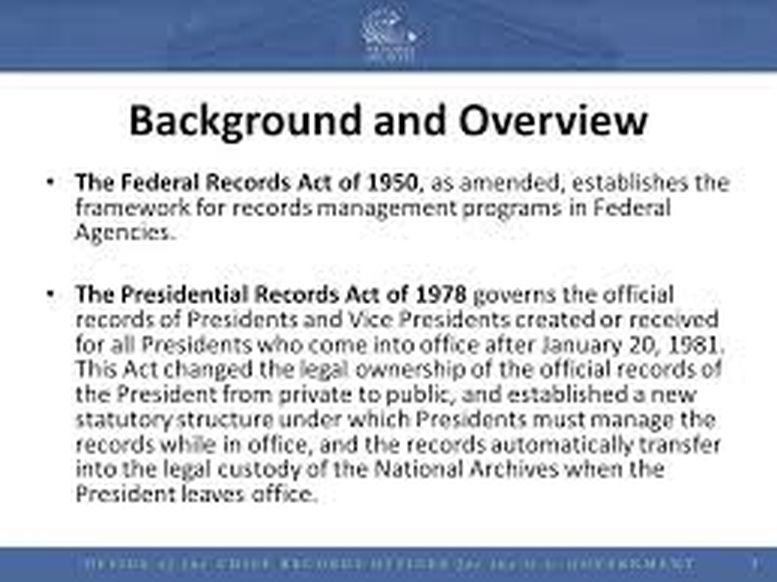
Aquir
Jeffrey Fields, USC Dornsife College of Letters, Arts and Sciences
Documents sought by the U.S. Justice Department from former President Donald Trump may contain material related to what The New York Times described as “some of the most highly classified programs run by the United States.” The Washington Post reported that “classified documents relating to nuclear weapons were among the items FBI agents sought” during a search of Trump’s Florida home on Aug. 8, 2022.
Classified information is the kind of material that the U.S. government or an agency deems sensitive enough to national security that access to it must be controlled and restricted. Continue reading










